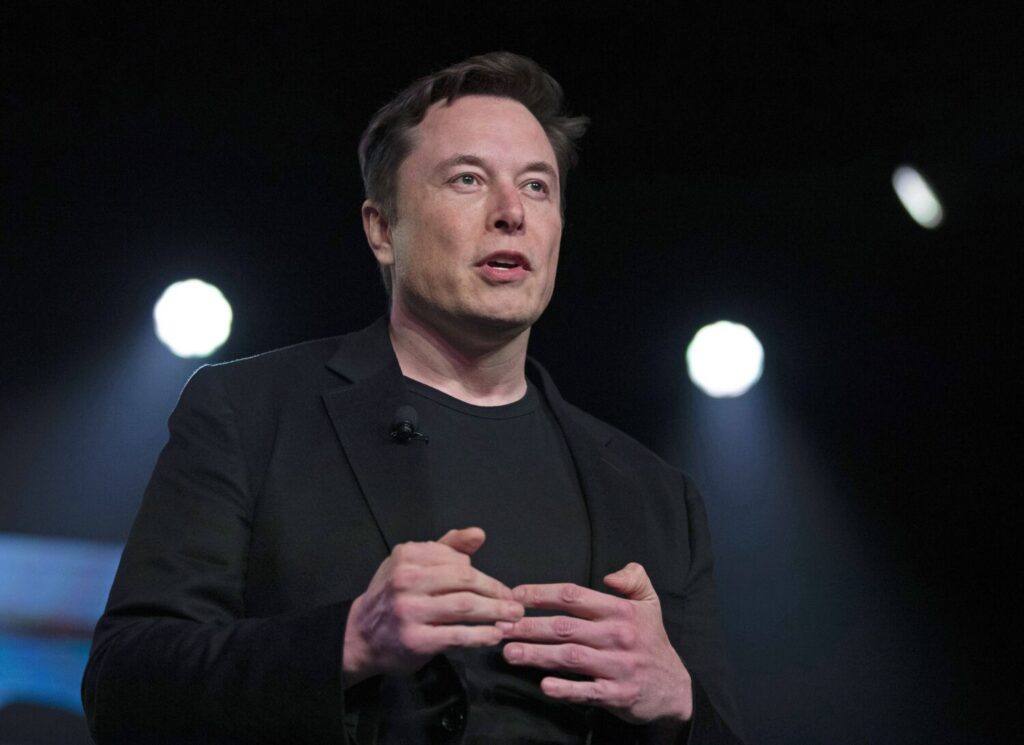Twitter boss Elon Musk issued a staff-wide ultimatum Tuesday evening: Either commit to the new “hardcore culture” of Twitter 2.0 or leave with three months’ severance. Employees have until 5 p.m. ET Thursday to opt in or out, according to an email Musk sent to staff as first reported by the Washington Post.
In some ways, Musk’s ultimatum is the most explicit articulation yet of what he expects from Twitter’s remaining workforce since he took over the company Oct. 28. “This will mean working long hours at high intensity,” Musk said in the email.
While it’s clear Musk intends to force a massive Twitter culture makeover, what’s less clear is how much collateral damage his actions will inflict on the company long term.
This latest move comes after Musk sowed weeks of uncertainty and fear among Twitter’s ranks. Staffers watched as Musk laid off thousands of their colleagues at the start of November. The exodus then continued with more managers and employees resigning every day and the ax continuing to fall on anyone who spoke out against Musk’s new regime, publicly or, reportedly, on internal channels.
Since Musk took control of the company, he has quickly enacted controversial changes, including ending Twitter’s work-from-home policy, introducing a new paid verification subscription feature, and overhauling the way the platform does content moderation.
On Monday, Musk appeared to fire via tweet a software engineer who disagreed with him on Twitter over why the app was slow on Android. He fired nearly two dozen employees that pushed back privately or publicly against him, ordering his team to comb through employee’s internal chats and tweets, the New York Times reported.
In a snarky reply to one user who shared the news of these firings, Musk tweeted, “I would like to apologize for firing these geniuses. Their immense talent will no doubt be of great use elsewhere.”
He insulted another former employee that appeared to be fired for their social media posts, replying, “A tragic case of adult onset Tourette’s.”
Company culture experts who’ve been watching the ordeal from afar say that while Musk is being intentional about remaking Twitter’s culture, his actions will come at a cost — at least in the short term.
“We [as CEOs] really want people who are on board with us,” said Casey Cunningham, founder and chief executive of Atlanta-based leadership and professional development company Xinnix. “We want people who are attached to the mission, who are forward-thinking and want to drive it forward.”
At the same time, she said, the way Musk has publicly fired and ridiculed Twitter employees is not productive for the company.
“I would caution any CEO from publicly embarrassing or ridiculing employees that are leaving,” Cunningham said. “The reality is, you might need them someday.”
Indeed, Twitter has already reached out to dozens of laid-off workers and asked them to come back to work. It could be a hard ask, some experts say, given the culture that Musk is setting at the company.
“Elon is deciding what kind of culture he wants and he’s creating it,” said Logan Mallory, vice president of marketing at Motivosity, an employee engagement platform in Lehi, Utah. The firings “will push lots of people away and it will draw other types of talent to him and to Twitter. It’s harder to rehire, it’s harder to retain the talent that’s still there, you’ll lose customers,” he said.
It’s clear that Musk’s moves have rattled a good chunk of Twitter’s remaining employees, if LinkedIn is any indication. Out of about 7,900 people who listed Twitter as their current employer on LinkedIn, 3,300 have “open to work” displaying on their profiles, according to Andrew Esguerra, Los Angeles-area manager for recruiting agency Coda Search, though that number may include recently laid-off workers.
The hard-driving work environment may deter top-tier engineers looking for cushy jobs with good benefits, such as being able to work from home, Esguerra said. However, the state of the tech job market given recent mass layoffs at Meta, Amazon and other companies may make it difficult for employees to be too picky about their job options for the time being.
At the same time, other industry watchers argue that some culture shock was to be expected at Twitter and this is simply Musk’s way of pushing the initial “reset” button. As such, they say the collateral damage won’t be permanent.
Musk’s email makes clear the kind of Twitter he’s trying to build while giving employees a way out, said Chris Rice, a partner in recruiting agency Riviera Partners’ Boston office.
“He’s going to build an essential high-performance team that believes in his vision,” Rice said. “I think that … once they get to a point where the core product is moving forward in Elon’s vision, I would imagine we would start to see things to increase the culture and retainability of top talent start to appear.”
Rice pointed out Musk has not had a problem recruiting talent for his other companies, such as Tesla and SpaceX, which he said employ the “best brains in industry.”
Musk’s transparency, said Mallory, could lure in a “part of the talent pool that can find success in stressful environments” and seek a meritocracy where performance is rewarded the most.
“While the culture is not for everyone, there is a group who will want high work, high performance and high reward, and they won’t shy away from the culture that Elon is creating,” Mallory said.
Despite his track record as a toxic boss, Musk still receives the benefit of the doubt from many, based on his reputation and record of accomplishments. Eric Schiffer, a Los Angeles-based entrepreneur and expert in reputation and crisis management, said there are still many people attracted to Musk’s image as a “free-thinking visionary” and industry disrupter.
“Elon Musk has his own brand and style of leadership that is ubiquitous and accepted by those within his organizations,” Schiffer said. “Those that know Elon Musk’s style understand clearly what they’re getting into.”

